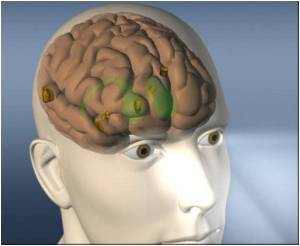
The new findings indicate that tau release is an active process in healthy neurons and this could be altered in diseased brains."Our findings suggest that altered tau release is likely to occur in response to changes in neuronal excitability in the Alzheimer's brain. Secreted tau could therefore be involved in the propagation of tau pathology in tauopathies, a group of neurodegenerative diseases associated with the accumulation of tau proteins in the brain," commented Diane Hanger, Reader in the Department of Neuroscience at King's College London.
In these experiments, Amy Pooler, the lead au-thor, revealed that molecules such as potassium chloride, glutamate or an AM-PA receptor agonist could release tau from cortical neurons in an active physio-logical process that is, at least partially, dependent on pre-synaptic vesicle se-cretion.The new findings by the scientists indicate that tau has previously unknown roles in biological signaling between cells, in addition to its well-established role in stabilizing microtubules. "We believe that targeting the release of tau could be explored as a new thera-peutic approach for the treatment of Alzheimer's disease and related tauopa-thies," said Hanger. Additional studies are needed in model organisms to test this hypothesis further.
Source-Eurekalert










